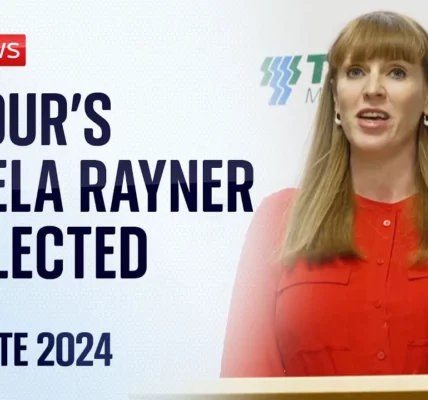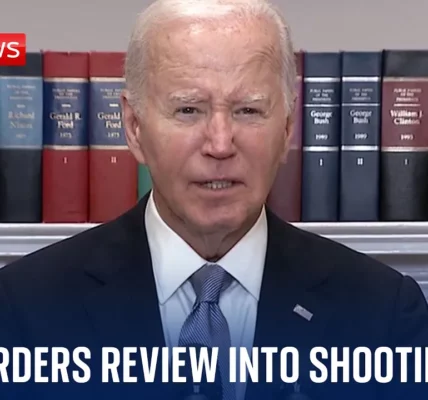Call for Truth and Justice: Aboriginal Rights and the Treaty Quest

This article delves into the ongoing struggle for Aboriginal rights in Australia, focusing on the demand for a treaty and the broader implications of historical injustices against Indigenous peoples. We explore the recent statements made regarding the monarchy’s role and the quest for recognition and reconciliation.
Introduction
The quest for justice and recognition among Aboriginal communities in Australia has gained renewed attention in recent years. With a history marred by colonization and systemic oppression, many Indigenous voices are rising to demand acknowledgment of their grievances. This article seeks to unpack the complexities of these demands, particularly regarding the call for a treaty with the monarchy, and the implications of truth-telling for reconciliation and healing within Indigenous communities.
The Historical Context of Aboriginal Rights
Understanding the present struggle for Aboriginal rights requires a look back at the historical context in which these issues arise. The colonization of Australia led to significant devastation for Indigenous peoples, resulting in:
- Loss of land and resources
- Displacement of communities
- High incarceration rates among Aboriginal peoples
- Removal of children from families, leading to the Stolen Generations
- Numerous deaths in custody without accountability
These injustices have created a deep-seated need for truth-telling and reparative measures, including the demand for a treaty that acknowledges Aboriginal sovereignty.
The Call for a Treaty
One of the central themes emerging from recent discussions is the call for a treaty. Aboriginal leaders have emphasized the importance of establishing a formal agreement that recognizes their rights and sovereignty. The benefits of a treaty include:
- Formal acknowledgment of historical injustices
- Pathway to reparations and land rights
- Creating a framework for ongoing dialogue and relationship-building between Aboriginal communities and the government
- Establishing mechanisms for accountability regarding past abuses
Despite these clear benefits, the path to a treaty has been fraught with challenges. Aboriginal leaders argue that the monarchy, particularly the current King and previous monarchs, have a responsibility to engage in meaningful dialogue and action regarding a treaty.
Recent Statements and Public Reactions
Recent speeches and public statements by Aboriginal leaders, including direct confrontations with representatives of the monarchy, have sparked significant debate. In one notable instance, an Aboriginal leader publicly confronted the King’s representative, highlighting the ongoing grievances faced by Aboriginal peoples. Key points from this confrontation include:
- The acknowledgment of the historical massacres and systemic violence against Indigenous peoples.
- The demand for accountability regarding deaths in custody and the ongoing crisis of missing children.
- A challenge to the notion of sovereignty, asserting that the King does not represent the interests of Aboriginal Australians.
These confrontations have led to a mixed public reaction, with some supporting the demands for justice, while others criticize the methods employed. The dialogue surrounding these issues continues to evolve, emphasizing the importance of respectful discourse and the need for accountability.
The Importance of Truth-Telling
Truth-telling plays a crucial role in the reconciliation process. It allows for the acknowledgment of past wrongs and the opportunity to heal from historical trauma. Key aspects of truth-telling include:
- Documenting the experiences and histories of Aboriginal peoples.
- Creating spaces for dialogue between Indigenous communities and the broader Australian society.
- Empowering Aboriginal voices to share their narratives and experiences.
- Facilitating community-led initiatives focused on healing and restoration.
Through truth-telling, Aboriginal peoples seek not only recognition of their past but also a foundation for building a more just and equitable future.
Conclusion
The struggle for Aboriginal rights in Australia is ongoing and multifaceted. The call for a treaty, acknowledgment of historical injustices, and the emphasis on truth-telling are critical components of this fight. As conversations surrounding these issues continue to unfold, it is imperative for all Australians to engage thoughtfully and empathetically. We encourage readers to support Indigenous initiatives and advocate for justice and reconciliation in their communities. Together, we can work towards a future that honors the rights and histories of Aboriginal peoples.
“`




